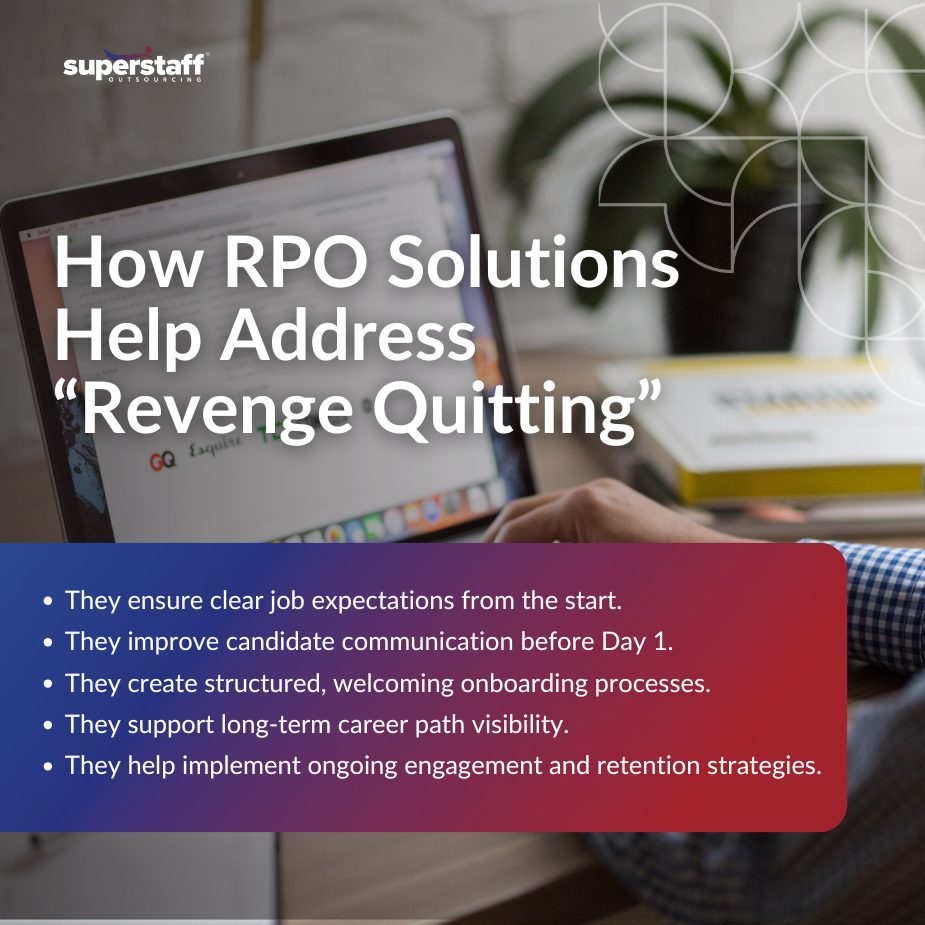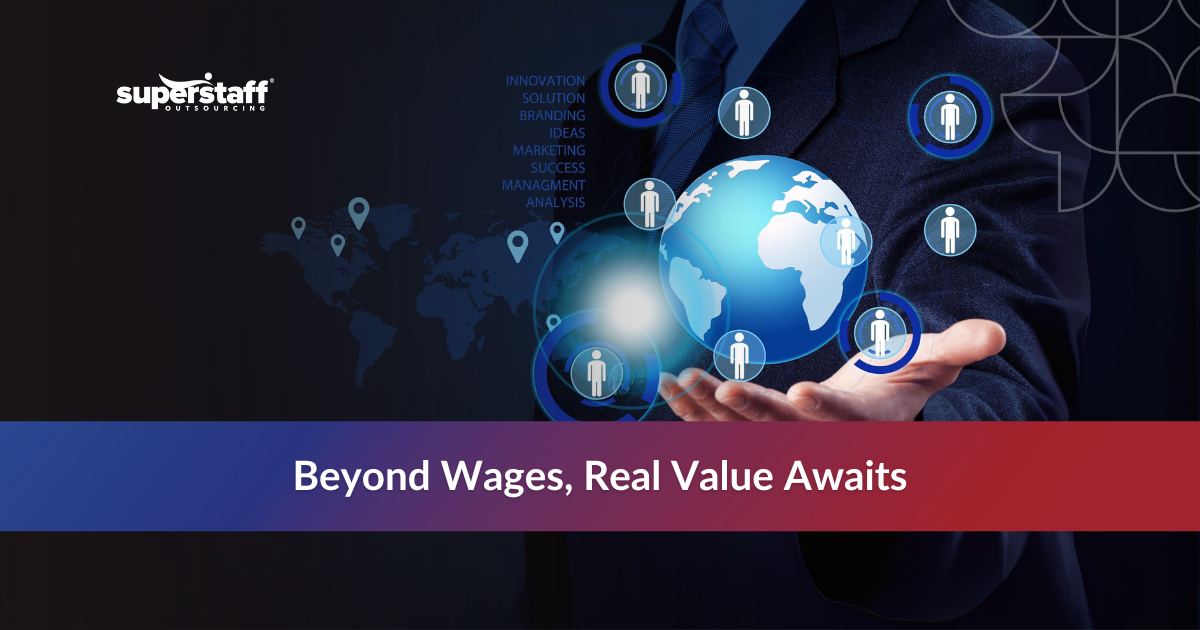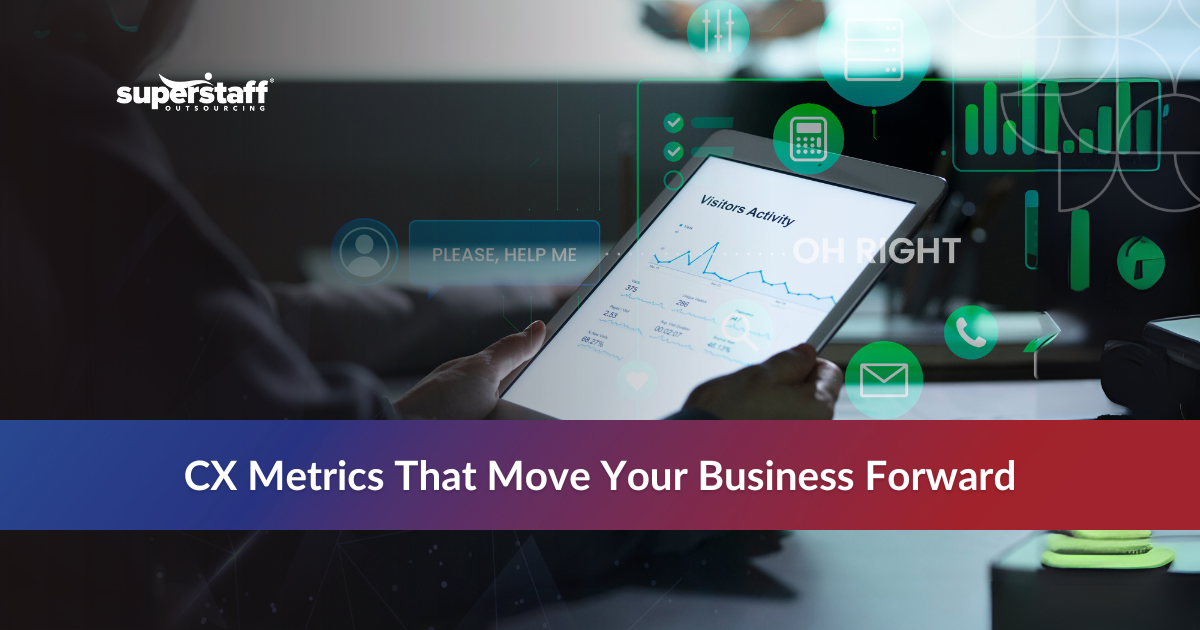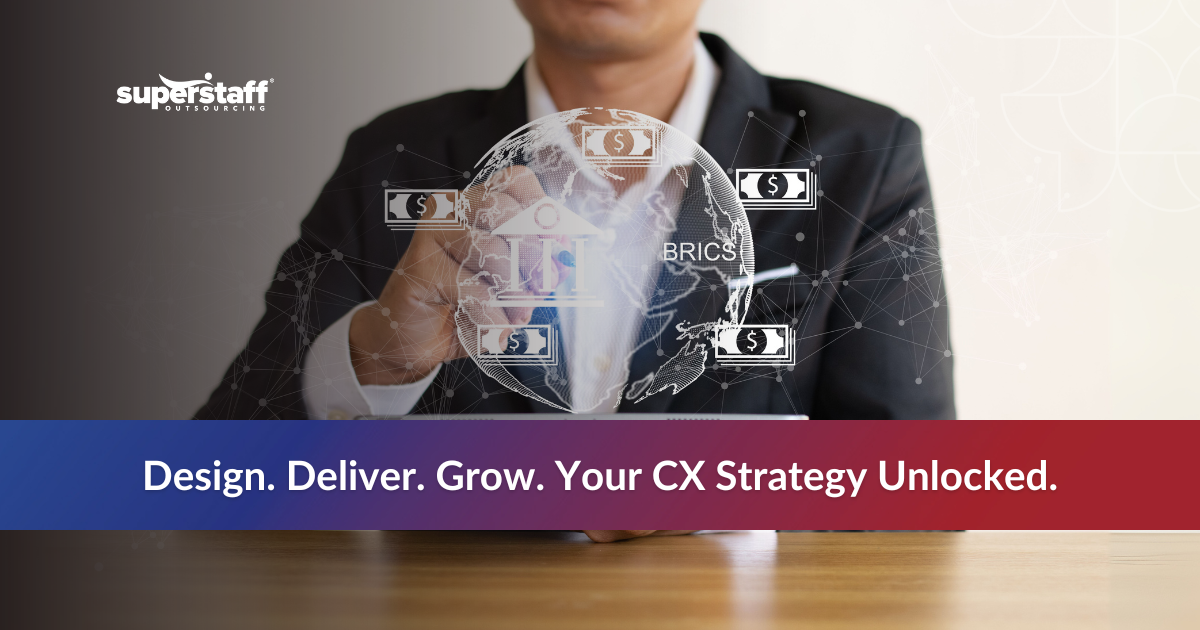
The rise of “revenge quitting”—when employees abruptly resign in response to feeling undervalued—has become a loud wake-up call for employers. While flashy perks and competitive pay might initially attract talent, they aren’t enough to keep people around when their first experience with the company is riddled with confusion, misalignment, or neglect.
Today’s workforce expects more than a job offer; they want a thoughtful, human experience from the moment they apply to the day they walk through the doors. This is where RPO solutions can come in handy.
Unfortunately, disengagement doesn’t start when things go wrong—it often begins before Day 1. Inconsistent communications during the hiring process, unclear job expectations, and rushed onboarding can signal to new hires that they’re just another number. When employees feel disposable from the outset, their commitment falters—and many won’t wait long before deciding the job wasn’t worth it.
That’s where Recruitment Process Outsourcing (RPO) comes in. More than a hiring solution, RPO provides end-to-end talent support—from shaping employer branding to reinforcing long-term retention strategies. These providers act as strategic partners, helping businesses design a consistent, high-quality experience that prioritizes alignment, transparency, and engagement throughout the entire employee lifecycle.
This blog explores how RPO solutions help organizations eliminate the friction that leads to early exits and empower them to build lasting, meaningful relationships with their workforce.
RPO Starts With Employer Branding That Attracts the Right Talent
Addressing and preventing “revenge quitting” can begin with attracting the right talent from the get-go.
Recruitment Process Outsourcing (RPO) begins before the first interview. It starts with the company’s story about who it is and what it stands for. When employer branding is weak or inconsistent, candidates walk in with mismatched expectations, and that disconnect often ends in early exits.
RPO providers work closely with organizations to craft a compelling, authentic employer brand that reflects the company’s culture and values. From job listings to social media posts, they align brand messaging across platforms to ensure clarity and consistency. More importantly, they help businesses communicate their unique value proposition—why someone should choose to work for them and stay.
This authenticity is key to attracting mission-aligned candidates who fit the role and believe in the company’s vision. When people feel connected to a mission from the start, they’re more likely to be engaged and committed.
A strong brand may draw talent in, but the next stage is where experience truly starts.
Pre-Hire Engagement Matters: How RPOs Build Confidence Before Day 1
It’s easy to assume that once a candidate accepts an offer, the job is done. But in reality, the period between the offer and Day 1 is a high-risk zone. Ghosting, cold feet, and second thoughts happen when communication drops off or enthusiasm isn’t nurtured.
One of the benefits of recruitment process outsourcing (RPO) is that it helps maintain that momentum through proactive pre-hire engagement. Instead of leaving candidates in the dark, they implement structured, personalized follow-ups—from confirmation emails to welcome messages and “what to expect” resources.
These small yet impactful gestures build trust and reduce uncertainty. Personalized check-ins show that new hires are valued before they enter the office. And when RPOs manage this phase, companies see fewer drop-offs and better Day 1 readiness.
With a solid pre-hire experience, employees are more likely to walk in motivated and engaged.

Seamless Onboarding Through RPO: Reducing Drop-Off and Disillusionment
A rocky onboarding can quickly undo even the best recruitment efforts. Missing tools, unclear roles, or a lack of human connection can leave new hires feeling lost and questioning their decision to join. That’s why effective onboarding isn’t just a nice-to-have—it’s a foundational piece of successful employee engagement and retention strategies.
RPO providers help organizations standardize and scale efficient, welcoming, and people-centered onboarding processes. From ensuring timely documentation and system access to delivering curated welcome kits, RPO teams ensure that logistics don’t get in the way of a strong first impression. Many also assist in designing cultural immersion programs beyond checklists, helping new employees feel part of the team from day one.
Establishing clarity on roles, expectations, and growth paths is just as critical. RPOs support mentorship integration and goal-setting sessions to provide direction and purpose from the start. These efforts are key components of broader employee engagement and retention strategies, laying the groundwork for long-term success.
But engagement doesn’t end with a welcome email—it continues with growth.
RPOs Help Align Job Fit With Career Paths to Reduce Early Attrition
A common cause of revenge quitting is realizing, just weeks into the job, that the role isn’t what was promised. Misalignment between expectations and reality creates frustration and leads to quick exits. One of the most effective ways outsourced recruitment can reduce employee turnover is by addressing this problem at the source—ensuring job fit and long-term alignment from the very beginning.
RPO solutions tackle this through role-matching assessments and behavioral screening, ensuring candidates aren’t just qualified on paper but are also suited to the job’s demands and the company’s environment. RPO partners also help map out skills needed for growth and align those with the company’s long-term workforce planning.
When new hires see a future, not just a position, they’re more likely to stay, evolve, and make meaningful contributions.
From career alignment, we move to supporting growth and feedback.
Data-Driven Retention: How RPOs Use Insights to Improve Experience
RPO providers don’t stop at onboarding. Their value extends into retention by leveraging data to understand what’s working and what’s not. While internal HR teams may be focused on day-to-day operations, RPOs can step back and look at the bigger picture.
They analyze trends from exit interviews, identify patterns through pulse surveys, and even use predictive analytics to flag potential flight risks before it’s too late. These insights help businesses take action—improving management practices, adjusting workloads, or redesigning roles.
Rather than waiting for problems to escalate, companies with RPO partners are better equipped to stay ahead of workforce challenges.
A strategic RPO partner doesn’t just react—they anticipate and course-correct.
Enhancing Manager-Employee Relations Through RPO Solutions
An employee’s direct manager has more influence on their engagement than almost any other factor. But not all managers are naturally equipped with the tools to lead effectively. RPO solutions can help bridge that gap by providing training and communication support that enhances the manager-employee relationship.
RPO providers may offer feedback training for supervisors, helping them deliver constructive input and foster a culture of transparency. They also support first-time leaders with coaching programs to build confidence and competence. In some cases, RPOs provide tools that allow HR and managers to monitor morale and proactively support team dynamics.
When managers lead with clarity and empathy, employee experience improves dramatically.
These holistic improvements ultimately feed back into a more sustainable talent pipeline.
RPOs Foster a Continuous Improvement Loop in Talent Experience
Employee experience isn’t a one-time project. It evolves with the workforce, industry trends, and internal goals. That’s why RPOs are most effective when treated as long-term partners, continuously refining processes and strategies to keep talent satisfied and aligned.
With agile improvement models, RPO solutions providers can test, learn, and optimize recruiting processes in real time. They also conduct DEI audits and enhance inclusive hiring practices to ensure all candidates feel seen and supported.
This collaboration with internal HR teams creates a unified vision where recruitment is aligned with business objectives, employee engagement, and culture.
All of these elements lead to one critical outcome: trust.
From Hiring Gaps to Human Connections: Turn to SuperStaff for Comprehensive RPO Solutions
Revenge quitting isn’t just about employees walking away—it’s about why they felt like they had to. And often, the root cause can be traced to a broken recruitment and onboarding journey. To fix this, companies need more than a quick hire—they need a strategic rethink of the entire talent experience.
RPO solutions offer precisely that. From branding and engagement to retention and analysis, RPO partners like SuperStaff bring the consistency, strategy, and human touch needed to create a workforce that feels supported from start to finish.
If your business is ready to move past transactional hiring cycles, it’s time to explore how an RPO partner can help you build a people-first recruitment experience—one that lasts.






